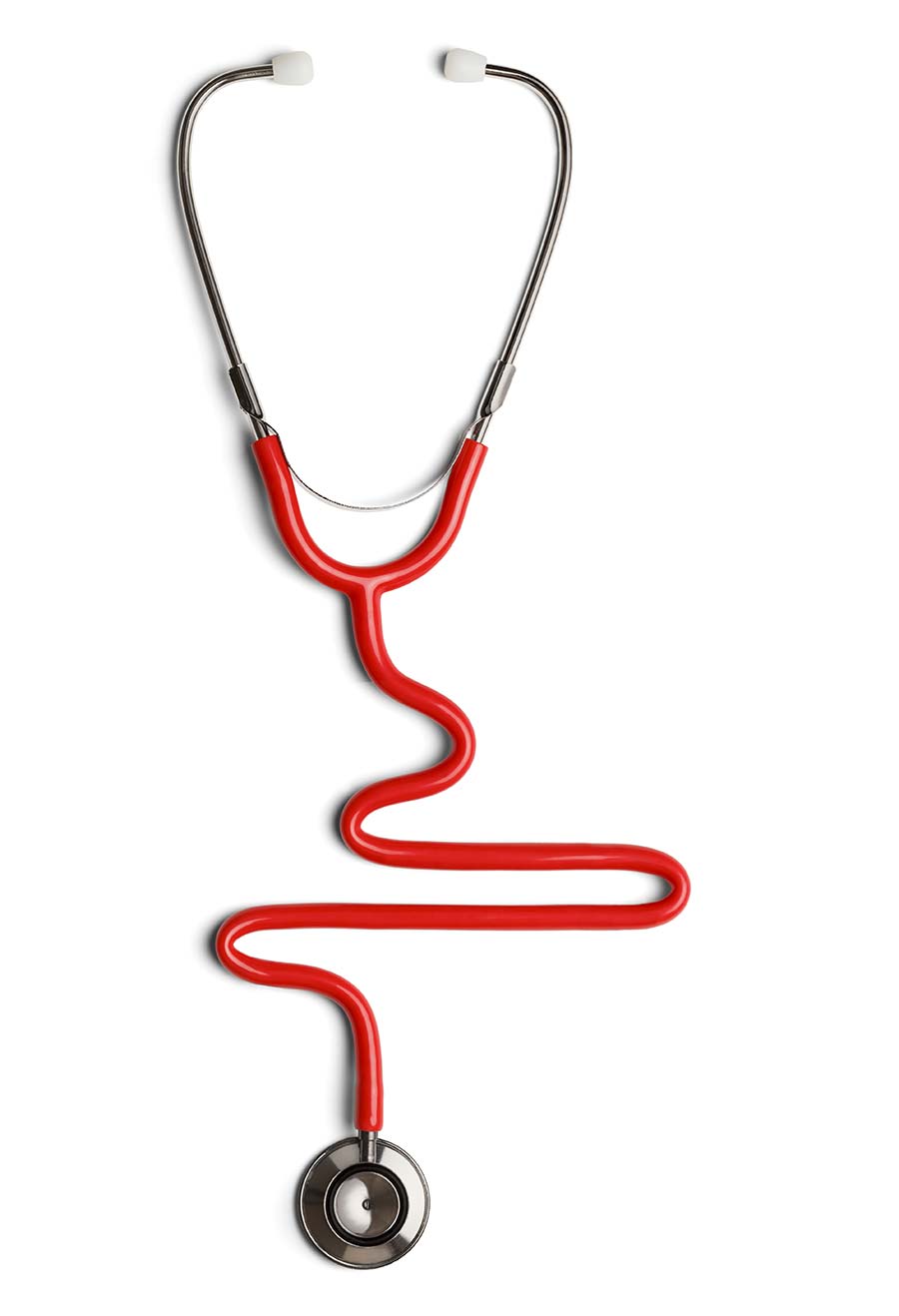Take control of your health
Women are unique and face some unique health concerns, but the right lifestyle choices can help with these five issues.
Writer: Richard T. Bosshardt, MD, FACS
In the 1992 book, “Men Are from Mars, Women Are from Venus,” author John Gray highlighted many of the differences between the sexes. Not that the differences weren’t obvious, but few people really took the time to consider them in depth. The medical profession always has acknowledged that women are unique, as evidenced by an entire specialty, obstetrics and gynecology, devoted solely to women’s health issues. Men have no corresponding specialty.
So, what are women’s pressing health issues these days? A truly comprehensive list requires more space than allowed here, but these five issues are significant:
Heart disease
This has gone from being primarily a problem of middle-age men to one affecting both sexes. Heart disease is the single greatest killer of both men and women, responsible for nearly a third of deaths. The worrisome aspect of this for women is they are being affected at younger ages. It was once thought women’s unique hormonal balance, primarily the presence of high estrogen levels, was protective against heart disease, at least until menopause.
Now, other factors are coming into play. Young women are arguably less healthy than ever before. Obesity, high blood pressure, elevated cholesterol levels, inactivity, stress, and other health issues are rampant and all of these increase the risk of heart disease. There still is a tendency to underdiagnose heart disease in younger women because of the notion that they are “protected” by their hormones. Women must take note of this and strive for a healthy weight and lifestyle. Physicians must be quicker to suspect heart disease in younger female patients. Discuss it with your doctor, especially if you have a family history.
Breast cancer
While not uniquely a female problem—1 percent of breast cancers occur in men—it still is a predominantly female concern. Except for skin cancer, breast cancer remains the most common cancer in women and second-most common cause of cancer death, behind only lung cancer. There has been a lot of confusion regarding the cost effectiveness of screening for breast cancer with mammograms, but it is an inescapable fact that many unsuspected breast cancers are found this way.
What is not argued is the earlier breast cancer is diagnosed, the more effective the treatment. Follow the advice of your physician, who knows you best, as to how and how often to be screened for breast cancer. Women with a strong family history should consider being tested for the BRCA gene mutation associated with a higher cancer risk. One of the known risk factors for breast cancer is obesity, which is epidemic in U.S. women. I have seen breast cancer being diagnosed in younger women, and this undoubtedly plays a role.
Osteoporosis
Women are uniquely subject to bone density loss as they age, and the process accelerates after menopause due to hormonal changes. One in two women over the age of 50 will experience this. Women should begin getting bone density testing when they reach middle age because treatment is best started early. Loss of bone density results in increased risk of fractures later in life, with their associated risks of disability and death.
Unfortunately, some long-term medications, for example, Fosamax, carry the risk of causing stress fractures. The risks versus benefits of treatment should be discussed with your physician. One of the known ways to prevent or delay loss of bone density is exercise. Aerobic exercise, such as running or power walking, resistance training, and exercises that include some element of impact, such as jumping jacks, plyometrics, etc., all benefit bone density.
Depression
Depression affects women twice as often as men. Women are more social and “relational” than men, and having connections with friends and family is very important to their emotional health. Loneliness and isolation are common in older women. Depression after childbirth is a very common condition. Many things trigger depression: changing hormonal status from menopause; changes in life situation, such as loss of a spouse or “empty nest syndrome” after years of child rearing; changes in health, and more.
Depression can be insidious, and health-care providers need to be attuned to this problem in patients with chronic, nonspecific medical concerns. Exercise is very beneficial in women who are depressed. Just moving and feeling physically better can sometimes stave off or even reverse depression.
Autoimmune disorders
The numbers are hard to come by because these disorders can present in vague and unusual ways, but it is felt that many women suffer from issues related to their immune system. The immune system is an overarching factor in maintaining our health in the face of constant assaults from our environment, lifestyle, and genetic predisposition.
We understand it poorly and, often, do not have treatments that are consistently effective. These can be maddeningly difficult to diagnose as well because symptoms often are nonspecific: fatigue, brain fog, joint aches, skin rashes, hair loss, memory issues, lack of appetite, weight loss, altered menstrual cycle, and so on. While we do not yet have a good handle on these, there is no argument that the best way to avoid such issues is to maintain a balanced, healthy lifestyle. Eat a clean diet, maintain your ideal weight, exercise regularly, get enough rest, manage stress, and stay connected with friends and family.
It’s obvious there’s a common theme throughout all of the above—women have a significant degree of control over health issues by their choices. While there is no “magic prescription” to living a long, healthy life, making good lifestyle choices will go a long way to preventing or delaying many, if not most, health problems. Even if your life isn’t longer, the quality of your life will undoubtedly be improved immensely.

